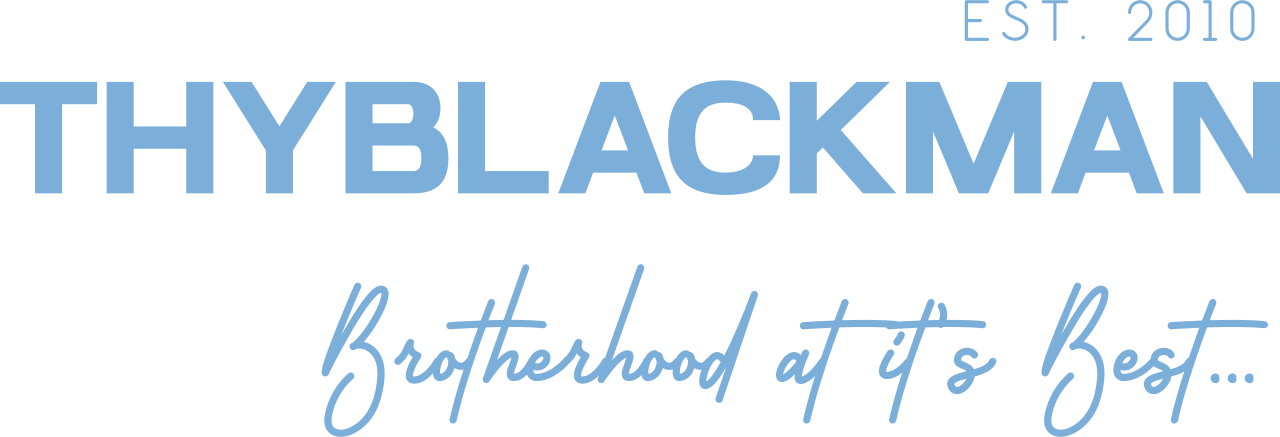(ThyBlackMan.com) Watching what you eat is important. When it comes to foods to avoid, seniors learn more and more the older they get about foods they can and can’t tolerate. Healthy dieting can add years to your life, but more importantly, it can make those years that much better, that much more enjoyable.
Here are 6 foods that most seniors may want to avoid unless otherwise instructed by their physician.
Beans
Some people avoid beans because of the gas and stomach pain they can cause. But if you’ve banned beans from your diet, you may want to reconsider. An excellent source of fiber, beans are also high in protein and iron and low in fat. The trick is to add beans to your diet slowly. Start by having a small serving a few times a week. Or try using a digestive enzyme that’s sold over the counter to reduce gas.
Grapefruit
It may be surprising, but foods can affect how your medicine works. That’s why it’s always best to ask your doctor or pharmacist if you should avoid any foods. For example, if you take medicine for high blood pressure, anxiety, or insomnia, grapefruit juice may interact with your drugs. Don’t miss out on the vitamin C and potassium that grapefruit holds. Instead, enjoy other citrus fruits like oranges and limes.
why it’s always best to ask your doctor or pharmacist if you should avoid any foods. For example, if you take medicine for high blood pressure, anxiety, or insomnia, grapefruit juice may interact with your drugs. Don’t miss out on the vitamin C and potassium that grapefruit holds. Instead, enjoy other citrus fruits like oranges and limes.
Fatty Meats
Some of the healthiest cuts of meat, such as lean steak, can be the most difficult to chew. While hamburger is much easier on the teeth, it’s often a less nutritious choice. It can contain 20% to 30% fat. Instead, look for lean ground beef with no more than 10% fat. Or for a healthier protein source that’s easy to chew, try fish.
Dairy
You may have trouble digesting milk or dairy products as you age. But you may not have to give up all dairy products and the calcium and protein they provide. Many people can have small amounts of dairy with no stomach upset. And some dairy products are better tolerated than others. Non-fat plain yogurt and low-fat cheeses are especially nutritious choices. Or try lactose-free dairy products.
High-Salt Foods
If you’re over 40 or in a high-risk group, the CDC recommends you get no more than 1,500 milligrams of sodium each day. Too much sodium can raise your blood pressure and put you at higher risk for heart attack and stroke. The main culprits? Processed foods, such as frozen foods, snack foods, salad dressings, and lunch meats. Read labels carefully and look for “sodium free,” low-salt, or no-salt alternatives.
Caffeine
Although caffeine may not be a problem for everyone, it can make some people feel anxious or jittery. Caffeine can also increase your heart rate and cause sleeping problems. If you’re trying to cut back, be sure to taper off slowly. Stopping caffeine too quickly may cause headaches, nausea, or vomiting. Slowly replace caffeinated drinks with water, herbal tea, or decaf.
Written By Ellis Moore

















Leave a Reply